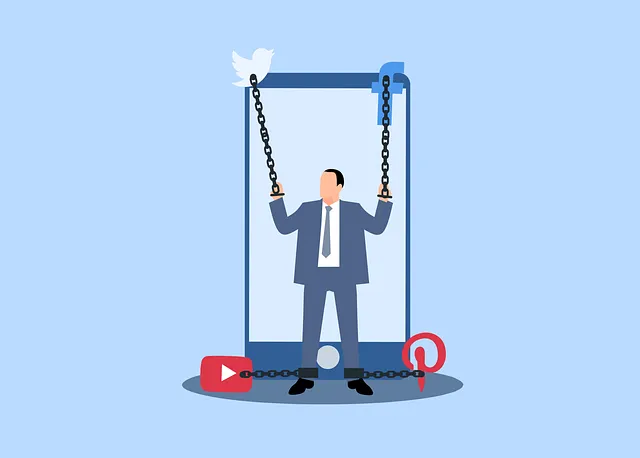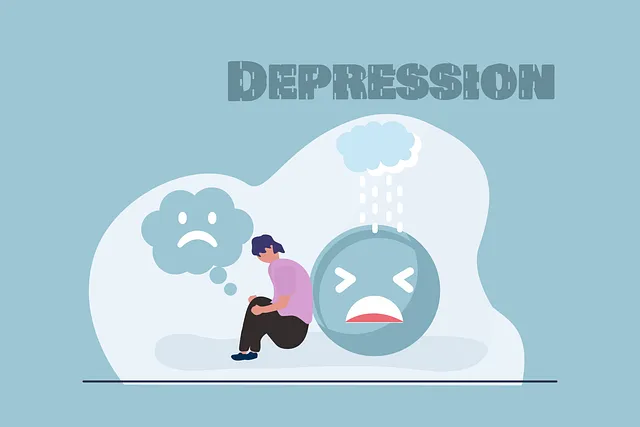Kaiser Permanente Lone Tree provides specialized Social Skills Training for Mental Health Conditions, empowering individuals with communication and emotional connection tools through role-playing, group discussions, and mindfulness exercises. This program caters to diverse conditions, aims to build supportive relationships, and enhances daily functioning while reducing mental health stigma. They offer comprehensive mental health support, including individual/group therapy, burnout prevention, and holistic care tailored to the community's needs, making them a vital resource for Lone Tree residents seeking effective mental health services.
Social skills training is a powerful tool for individuals navigating mental health conditions, offering a unique approach to enhancing well-being. This comprehensive guide explores how structured programs can empower people to build confidence and improve relationships. We delve into the specific techniques employed, the critical role of support systems like Kaiser Permanente in Lone Tree, and the measurable impact on participants’ lives. Understanding social skills training is essential for those seeking effective mental health management and improved social connections.
- Understanding Social Skills Training for Mental Health Conditions
- The Role of Kaiser Permanente in Mental Health Support in Lone Tree
- Identifying the Need for Social Skills Development in Therapy
- Techniques and Activities Used in Social Skills Training
- Measuring Success and Long-Term Impact of Social Skills Programs
Understanding Social Skills Training for Mental Health Conditions

Social Skills Training for Mental Health Conditions is a specialized program designed to help individuals with various mental health conditions enhance their social interactions and relationships. At Kaiser Permanente Lone Tree, we recognize that effective communication and emotional connection are crucial aspects of overall well-being. Our trained professionals facilitate these sessions, focusing on essential skills like active listening, non-verbal communication, and conflict resolution techniques.
Through Empathy Building Strategies, participants learn to navigate social situations with greater confidence and understanding. The program caters to a diverse range of mental health conditions, aiming to foster supportive relationships and improve daily functioning. By integrating Social Skills Training into comprehensive mental health care, Kaiser Permanente Lone Tree ensures that our clients receive holistic support tailored to their unique needs.
The Role of Kaiser Permanente in Mental Health Support in Lone Tree

Kaiser Permanente plays a pivotal role in providing mental health support in Lone Tree, addressing the growing need for accessible and comprehensive care. As a leading healthcare provider, they offer a range of services tailored to the unique challenges faced by the community. This includes individual and group therapy sessions, designed to help individuals navigate their mental health journeys with dignity and resilience.
The organization’s commitment extends beyond treatment; they actively engage in burnout prevention initiatives and mental wellness promotion, recognizing that these aspects are integral to overall health. Furthermore, Kaiser Permanente has initiated mental illness stigma reduction efforts, fostering a supportive environment where individuals can openly seek assistance without fear of judgment. Their presence in Lone Tree serves as a beacon of hope, ensuring better access to mental health services for the local community.
Identifying the Need for Social Skills Development in Therapy

In the realm of mental health support, recognizing the significance of social skills development within therapeutic settings is paramount. Especially in areas like Lone Tree where Kaiser Permanente offers a range of mental health services, addressing social skill gaps can significantly enhance patient outcomes. Many individuals grappling with mental health conditions often face challenges in navigating interpersonal interactions, which can exacerbate their symptoms and hinder recovery. Therefore, integrating social skills training into therapy becomes a crucial strategy to foster meaningful connections, improve communication, and build resilience against potential triggers or setbacks.
This approach is particularly relevant in considering Burnout Prevention Strategies for Healthcare Providers, as it addresses the often-overlooked social aspects of healing. By equipping patients with enhanced social skills, therapists can facilitate better trauma support services, which are essential components of holistic mental health care. Moreover, promoting healthy social interactions may have broader implications for Mental Health Policy Analysis and Advocacy, potentially shaping more inclusive and effective community support systems in Lone Tree and beyond.
Techniques and Activities Used in Social Skills Training

Social Skills Training (SST) for mental health conditions employs a variety of techniques and activities designed to help individuals improve their interactions with others. These programs often incorporate role-playing scenarios, group discussions, and mindfulness exercises to foster better communication, empathy building strategies, and understanding of social cues. By engaging in these activities, participants learn to navigate interpersonal relationships more effectively, enhancing their overall well-being.
At Kaiser Permanente Lone Tree, SST goes beyond traditional therapy sessions. It includes innovative approaches like public awareness campaigns development tailored to mental health topics, encouraging open conversations and reducing stigma. Through these initiatives, individuals not only acquire practical social skills but also engage in emotional healing processes, benefiting from a supportive community environment.
Measuring Success and Long-Term Impact of Social Skills Programs

Measuring the success and long-term impact of social skills training programs is crucial in understanding their effectiveness for mental health conditions, especially when offered by healthcare providers like Kaiser Permanente in Lone Tree. Evaluating these programs involves assessing improvements in participants’ ability to interact socially, maintain relationships, and manage emotional responses during social interactions. The use of standardized assessment tools can help capture changes in mental wellness and social functioning over time.
Long-term impact assessments should consider whether program participants continue to exhibit enhanced social skills years after the training concludes. This includes looking at their integration into communities, employment rates, and overall mental health awareness. Moreover, risk management planning for mental health professionals involved in these programs is essential to ensure safety and effectiveness, especially when dealing with complex cases. Such evaluations not only validate the programs’ value but also guide improvements in service delivery for better patient outcomes.
Social skills training is a powerful tool for individuals with mental health conditions, offering a structured approach to improving social interactions and enhancing overall well-being. As organizations like Kaiser Permanente in Lone Tree provide comprehensive mental health support, integrating social skills development into therapy can lead to significant improvements. By utilizing various techniques and measuring long-term success, these programs empower individuals to navigate social environments more effectively, ultimately fostering better mental health outcomes. For those seeking specialized care in Lone Tree, understanding the role of social skills training can be a game-changer in their journey towards recovery.




